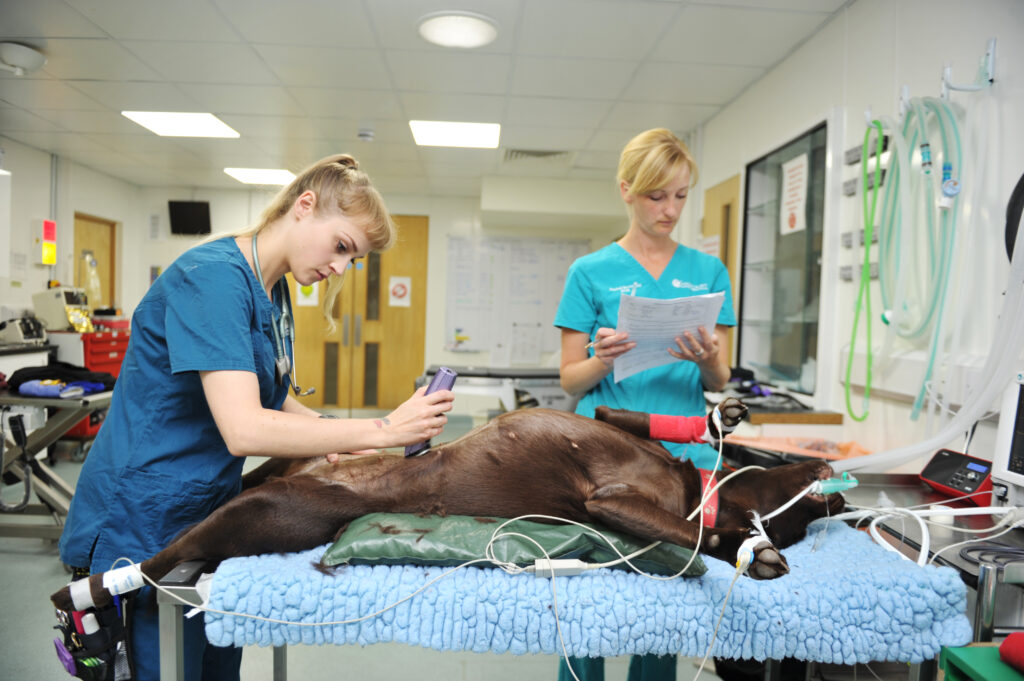
This week, the British Veterinary Nursing Association (BVNA) responded to the Royal College of Veterinary Surgeons (RCVS) consultation on its governance composition. In its response, BVNA called for a more holistic team-based approach to governance, to reflect better recognition of the skillset and expertise that could be contributed to RCVS governance by veterinary nurses.
The proposals put forwards by the RCVS broadly involve moving closer to a ‘regulatory norm’, in anticipation of future reform of the Veterinary Surgeons Act 1966. This includes appointment of its RCVS and VN Council members rather than election, ensuring parity between professionals and lay members, and incorporating flexibility into its governance structure for the inclusion of allied professions which may come under RCVS regulation in future. However, BVNA feels that the proposals could do more to capture veterinary nurses’ existing capabilities to govern, set strategy and develop policy.
BVNA’s full response can be viewed here.
BVNA President Lyndsay Hughes commented: “BVNA welcomed the opportunity to respond to this consultation, and we are pleased that the RCVS is taking a proactive approach to preparing itself for future legislative reform. We feel this is an opportunity to provide better clarity of its role as a regulator of the veterinary professions – to the public, and to the veterinary profession itself.
“Whilst BVNA supports many of the recommendations put forward by the RCVS, we also identify a significant opportunity for veterinary nurses to form a greater role within the College’s governance composition. We feel that the current proposals fall short of recognising the veterinary nursing profession for its expansive skillset which should be utilised within RCVS governance, and the influence veterinary nurses should be afforded over the future of their own profession.
“Veterinary nurses are already long established as a regulated and professional workforce. We lead in many aspects of professional and clinical practice, with joint responsibility for the welfare of patients in our care. Therefore, it is BVNA’s view that veterinary nurses are also fully capable of contributing equally towards the College’s governance; as one of the two professions already under RCVS regulation. We hope that this consultation will provide the opportunity for the RCVS to consider how veterinary nurses can be better utilised within its future approach to governance.”
